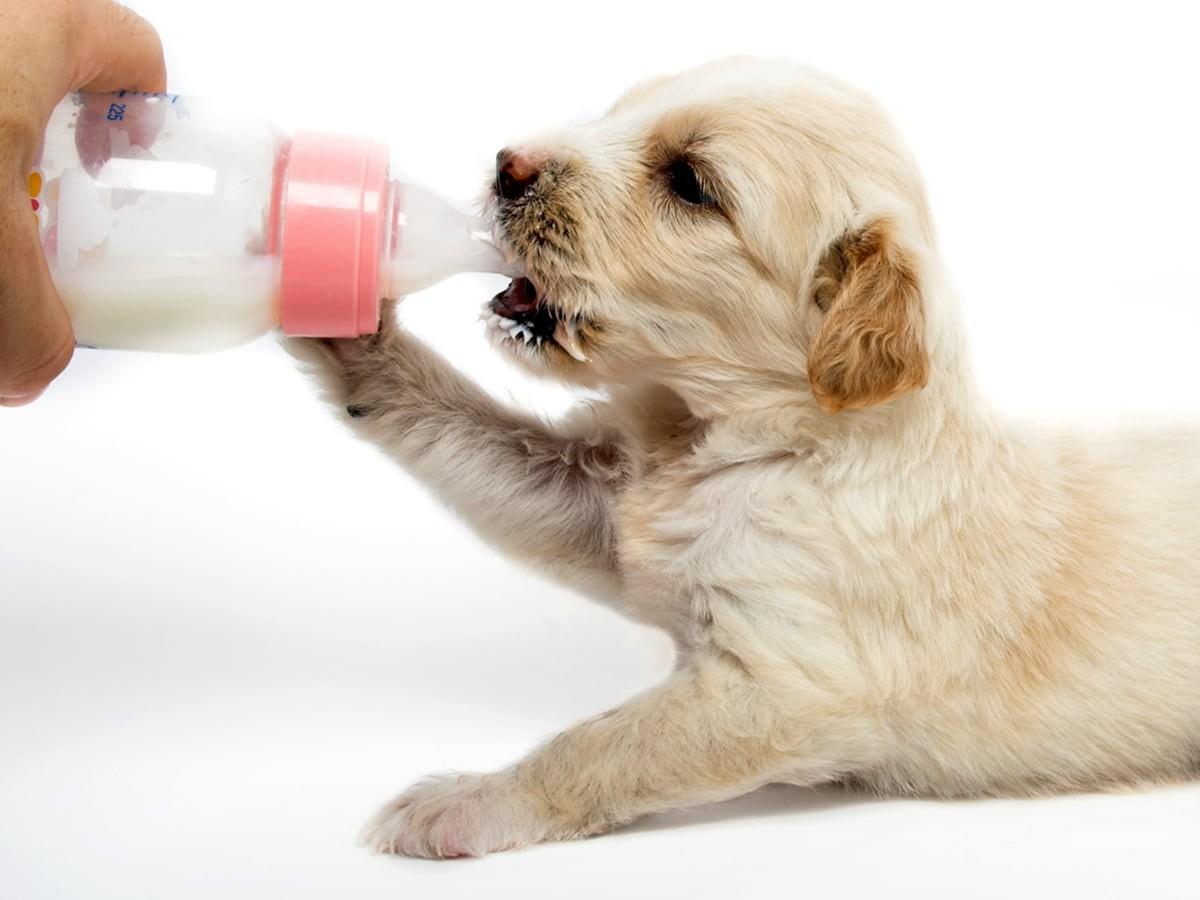As a new puppy owner, you want to provide your new companion with everything they need to thrive. A common question is whether milk is suitable for puppies. The answer, like many things in pet care, depends on the type of milk and your puppy's age. Let's explore different milk options and what's best for your growing pup.
Cow's Milk for Puppies
Cow's milk is not recommended for puppies due to difficulty digesting it. Most adult dogs are lactose intolerant, lacking enough lactase, the enzyme needed to break down milk sugar (lactose). Puppies are born with lactase, but production decreases with age. While they might tolerate it better than adult dogs, cow's milk isn't ideal.
Goat's Milk for Puppies
Some pet owners consider goat's milk as an alternative due to its easier digestibility and lower lactose content. However, it still lacks the complete nutrition puppies require. Additionally, unpasteurized goat's milk can harbor harmful bacteria.
Puppy Formula
For very young or unweaned puppies, puppy formula is the best option. Specially formulated to meet their nutritional needs, puppy formula comes in powdered or liquid forms and is readily available at pet stores. When choosing a formula, consider your puppy's age and breed, as different breeds have varying needs. Consulting your veterinarian for formula selection and feeding recommendations is crucial.
Lactose Intolerance in Puppies
Just like humans, some puppies can develop lactose intolerance. Symptoms include diarrhea, vomiting, and gas after consuming milk products. If you notice these signs after giving your puppy milk, discontinue it and consult your veterinarian.
Alternative Milk Options for Puppies
Lactose-free cow's milk might seem like a viable option, but while it contains less lactose, it might still cause digestive upset and lacks the nutrients found in puppy formula. Alternative plant-based milk options like soy milk, almond milk, or coconut milk are generally not recommended for puppies due to potential nutritional deficiencies and ingredients that can be harmful to dogs.
What Kind of Milk Can Puppies Drink?
Puppies should primarily consume puppy formula until weaned. If considering alternatives, consult your veterinarian to ensure the option you choose meets your puppy's specific needs and doesn't cause digestive issues.
What Kind of Milk Can Dogs Drink?
In general, milk is not a necessary part of an adult dog's diet. A balanced, veterinarian-approved dog food provides all the nutrients they need. If you want to offer an occasional treat, a small amount of lactose-free cow's milk might be tolerated by some dogs, but always check with your veterinarian first.
Expert Insights From Spot
Sharing our food with our furry companions is tempting, but sometimes human food can upset their stomachs. Spot's data reveals that pet insurance claims for dietary indiscretions (pets overindulging in unsuitable food) average $572. This emphasizes the importance of researching before offering human snacks to your dog. Being mindful of treats can keep your pup healthy and save you unnecessary vet bills.
Key Takeaways
While milk might seem like a natural choice for puppies, it's important to understand the potential downsides. For optimal growth and development, rely on puppy formula for unweaned pups and balanced dog food for adult dogs. If you have any questions about your puppy's dietary needs, always consult your veterinarian for personalized advice.

I've had the privilege of immersing myself in the realm of pet safety. As the owner of an energetic mini golden doodle, I know just how stressful being a pet owner can be. I am dedicated to ensuring our beloved pets enjoy a life brimming with good health.












